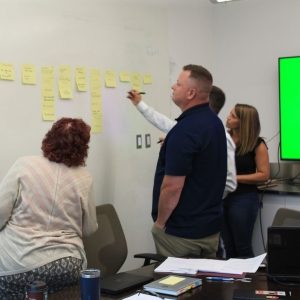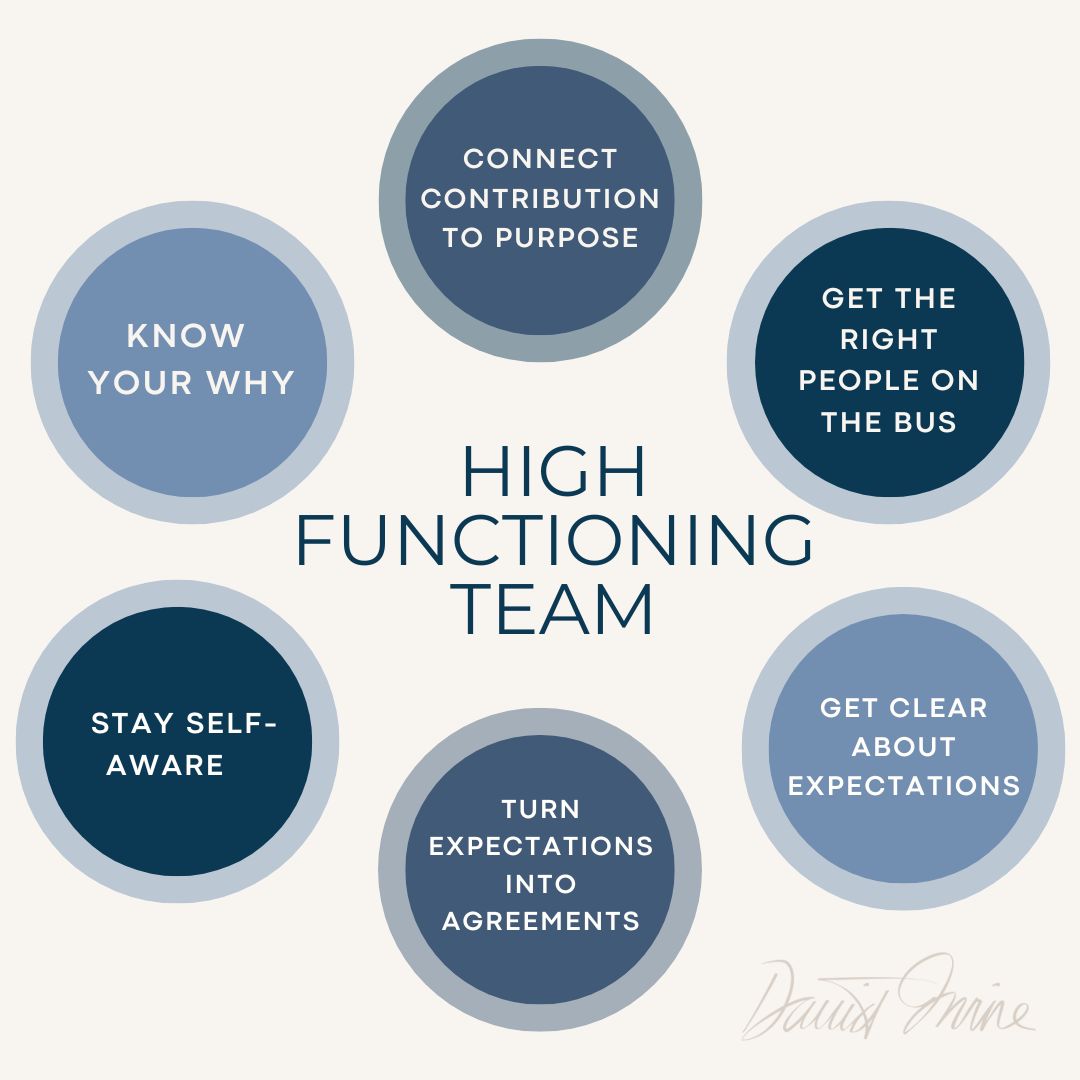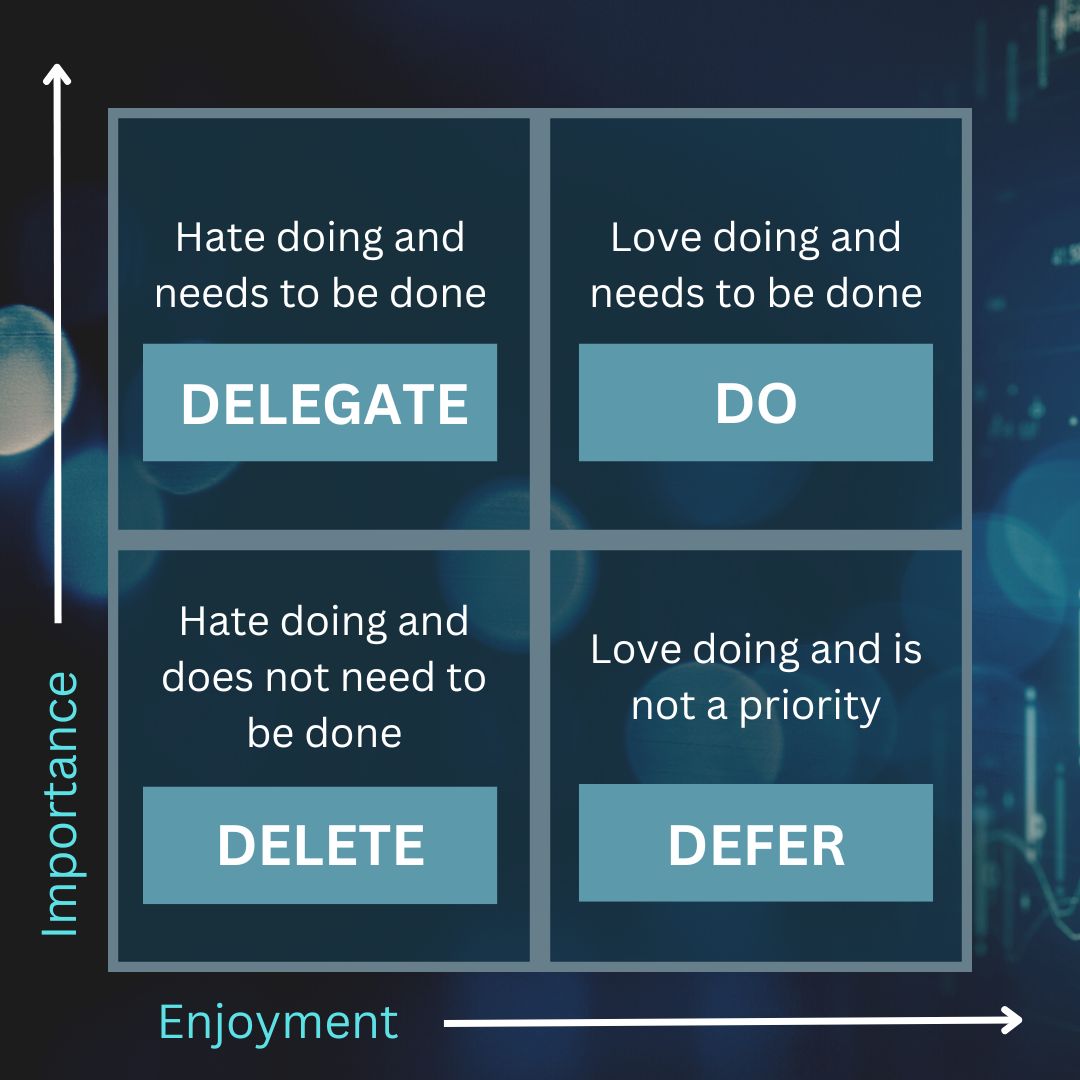When I go to the gym, I’m focused and intense.
When I go to the gym, I’m focused and intense.
I can also be judgmental of “amateurs.”
So one day, while I was waiting for one of the weight machines, there were two seniors joking around, oblivious to the fact that I was impatiently waiting for the equipment they were “playing around on.”
I thought to myself, “Don’t you know that you’re holding me up from getting my workout in?”
Then I realized that I was so tense compared to them, and it dawned on me, what good is it to get stronger at the expense of my well-being?
Maybe they are actually getting more from the workout by having a community and taking care of their mental health.
And… who will live the longest?
Even more importantly: Who will live better?
No easy answers. But I thought it was important to raise the question.






